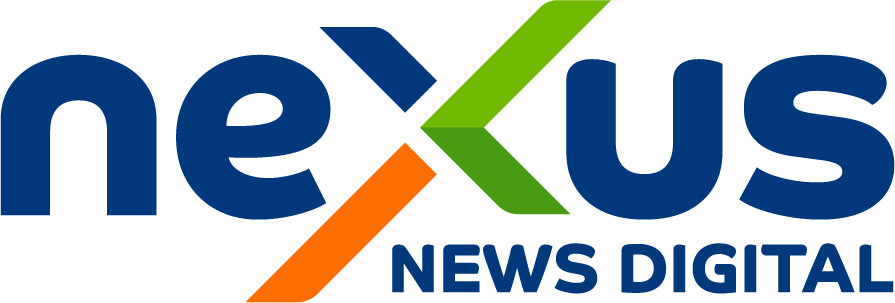Money may not buy happiness, but it certainly makes life a lot easier. It is no secret that financial stability is an essential aspect of achieving a comfortable and enjoyable life. However, financial freedom is not something that just happens. It is a result of conscious decision-making, discipline, and proper money management strategies. Many people struggle with managing their finances, leaving them feeling stressed and insecure about their future. To avoid this fate, you need to take control of your money today. In this article, we will explore some essential steps that will help you unlock the secret to financial freedom.
Analyzing Your Income and Expenses
The first step to gaining control of your finances is to understand the money coming in and going out. It is essential to be aware of all income sources and their amounts. Whether you have a fixed income from a job, freelance pay, or investments, it is critical to keep track of every dollar earned. Knowing your income is the foundation for creating a budget, which helps to ensure that you do not overspend.
On the other hand, understanding your expenses is equally essential. Take the time to list out all your expenses, including rent/mortgage payments, utility bills, groceries, transportation, and any other expenses you incur. By analyzing your expenses, you can determine where money is going and identify areas to cut back. Be honest with yourself and assess if the expenses are necessary or if they can be reduced or eliminated.
Creating a Budget
After analyzing your income and expenses, the next step is to create a budget. A budget serves as a roadmap for your finances, guiding your spending decisions and allowing you to plan for the future. When creating a budget, start by determining how much money you want to save each month. A good rule of thumb is the 50/30/20 rule, in which 50% of your budget is allocated for essential expenses, 30% for discretionary spending, and 20% for savings.
As you create your budget, it is essential to prioritize your financial goals. Do you want to pay off debt, save for a down payment on a house, or invest in stocks? Prioritizing your objectives will help you decide what expenses to reduce or eliminate to reach your goals. Be realistic with your goals and ensure your budget is sustainable by reviewing it regularly and making adjustments as necessary.
Managing Your Debt
Debt can be a significant roadblock to achieving financial freedom. High-interest credit card debt, student loans, and car loans can deplete your finances and stifle your financial growth. Therefore, managing your debt is an essential step to unlocking the secret to financial freedom.
To manage your debt, start by creating a debt payoff plan. Determine which debts have the highest interest rates and start making larger payments toward them. You can also consider consolidating high-interest debts into a lower interest loan, which can help reduce interest costs and simplify your payments.
In addition, avoid relying on credit cards for everyday expenses. High-interest credit card debt can accumulate quickly and make it challenging to manage your finances, let alone pay off your debts. Try to limit your credit card transactions and pay off your balance in full each month to avoid accruing interest and accumulating more debt.
Saving for the Future
The key to financial freedom is planning for the future. Saving money today can help you prepare for unexpected expenses and reach your long-term goals. Therefore, it is essential to create a savings plan to ensure you can cover emergencies and secure your financial future.
When creating a savings plan, start by determining how much money you want to save each month. It is recommended to save at least six months’ worth of living expenses in an emergency fund to cover unexpected expenses. You can also save for long-term goals, such as retirement, by investing in retirement accounts like 401(k)s, IRAs, or mutual funds.
Keep in mind that saving money does not only mean putting away large sums of money each month. You can start small by automating small amounts to transfer into your savings account each month. Every little bit counts, and over time, your savings will grow.
Making Smart Investment Decisions
Investing can help you grow your wealth over time; however, it can also lead to significant losses. Therefore, understanding how to make smart investment decisions is critical to achieving financial freedom.
To begin with, familiarize yourself with different investment options, such as stocks, bonds, and real estate. Determine the level of risk you are willing to take and set clear investment goals. You can consult with a financial advisor to create an investment strategy that aligns with your financial goals and risk tolerance.
When investing, diversification is vital. Do not put all your money in one stock or investment. Diversifying your portfolio helps reduce the risk of significant losses if one investment performs poorly.
Conclusion
In conclusion, unlocking the secret to financial freedom requires discipline, patience, and a good understanding of your finances. Analyzing your income and expenses, creating a budget, managing your debt, saving for the future, and making smart investment decisions are essential steps to gaining control of your money. Remember, the key to financial freedom is making conscious decisions today that will benefit your financial future. Start small, stay consistent, and watch your finances grow.
- Unlock the Power of Empathy: The Key to Understanding the Other Person - 28 de abril de 2023
- Exploring the world: Why traveling is the best investment you can make - 28 de abril de 2023
- Xenophobia: A poison that destroys harmony and progress in our society – Why we must take action now! - 28 de abril de 2023



